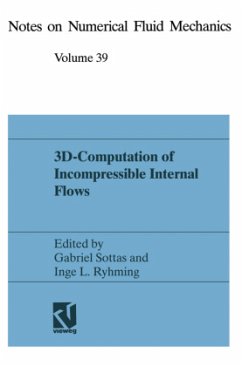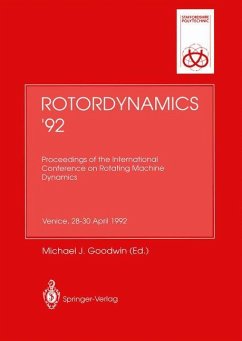
Crashworthiness of Transportation Systems: Structural Impact and Occupant Protection

PAYBACK Punkte
20 °P sammeln!
A systematic treatment of current crashworthiness practice in the automotive, railroad and aircraft industries. Structural, exterior and interior design, occupant biomechanics, seat and restraint systems are dealt with, taking account of statistical data, current regulations and state-of-the-art design tool capabilities. Occupant kinematics and biomechanics are reviewed, leading to a basic understanding of human tolerance to impact and of the use of anthropometric test dummies and mathematical modelling techniques. Different types of restraining systems are described in terms of impact biomech...
A systematic treatment of current crashworthiness practice in the automotive, railroad and aircraft industries. Structural, exterior and interior design, occupant biomechanics, seat and restraint systems are dealt with, taking account of statistical data, current regulations and state-of-the-art design tool capabilities. Occupant kinematics and biomechanics are reviewed, leading to a basic understanding of human tolerance to impact and of the use of anthropometric test dummies and mathematical modelling techniques. Different types of restraining systems are described in terms of impact biomechanics. The material and structural behaviour of vehicle components is discussed in relation to crash testing. A variety of commonly used techniques for simulating occupants and structures are presented, in particular the use of multibody dynamics, finite element methods and simplified macro-elements, in the context of design tools of increasing complexity, which can be used to model both vehicles and occupants.
Audience: An excellent reference for researchers, engineers, students and all other professionals involved in crashworthiness work.
Audience: An excellent reference for researchers, engineers, students and all other professionals involved in crashworthiness work.













